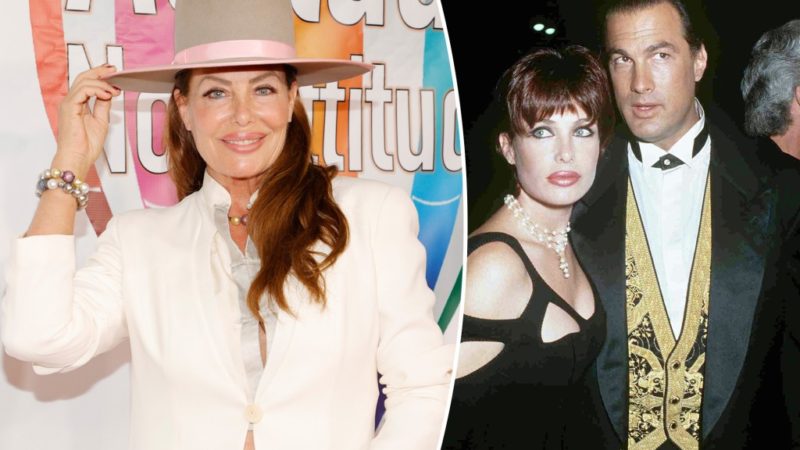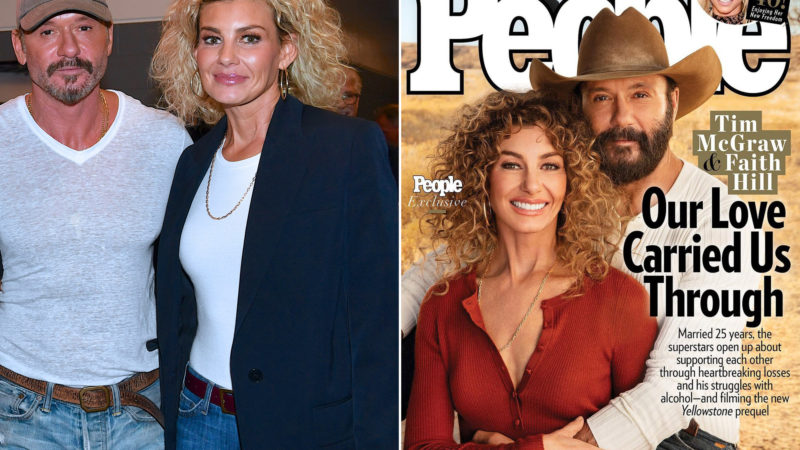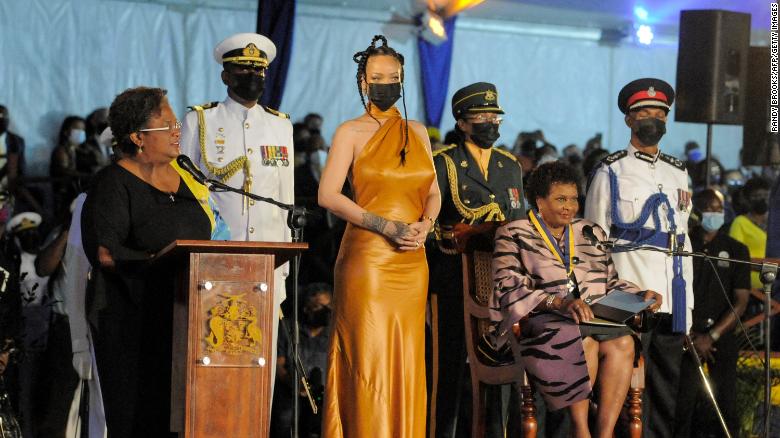Body of work: why Billie Eilish is right to stand her ground against shaming

Billie Eilish has given the music industry everything it could possibly want. An authentic new voice that appeals to teenagers and their parents. A debut album that has sold more than 2m copies in the US alone. A decisive stylistic evolution from the preceding decade’s dominant pop mode. A clean sweep of the four key categories at the Grammys. A copper-bottomed streaming success model. A James Bond theme that rejuvenates a tired franchise and extends her commercial and creative clout.
Until she offers up her prime commodity as a young female pop star, it will never be enough.
While 18-year-old Eilish is a beguilingly physical performer, she has never shown her body in service of her art. She prefers loose clothing because she feels comfortable in it, and has denounced the use of her image to shame female pop stars who dress differently. Not that it’s stopped anyone. Denying spectators the traditional metric by which female stars are judged – sexiness, slimness; the body as weathervane that reveals how tormented or contented they must be when they lurch between the extremes of those states – has created an obsession with her body and what it must stand for.
Eilish’s world tour – which opened last night in Miami – underscores these contradictions: “While I feel your stares, your disapproval or your sighs of relief, if I lived by them, I’d never be able to move,” she says in a video shown between songs, as she removes her top and sinks into a pool of black water. “Would you like me to be smaller? Weaker? Softer? Taller? Would you like me to be quiet? Do my shoulders provoke you? Does my chest? Am I my stomach? My hips?”
As if to prove her point, the Sun reported on Eilish “stripping to her bra” with zero mention of her speech or its message, and titled their story “Thrilly Eilish”. Again: Eilish is 18 years old.
It’s hard to think of any previous generation of young female pop star getting away with making such a public admonishment at the height of their stardom. Motown’s girls were taught comportment by an in-house employee. The anorexia that killed Karen Carpenter was framed as an effective diet. To have her art taken seriously, Kate Bush had to endure the objectification of male journalists who typed with one hand. The Spice Girls had to wait until after the band’s demise to discuss their respective eating disorders, lest they disrupt the image of supportive female friendship. Britney, Christina and Beyoncé’s millennium-era abs were testament to their drilled work ethic; Katy Perry and Ariana Grande’s burgeoning images were dependent on marketing their sexuality, while Taylor Swift’s taut middle stoked her image as an American ideal. To acknowledge Amy Winehouse’s bulimia would have complicated a convenient media narrative of debauchery.
In that context, Eilish’s freedom to speak out represents a kind of progress. It’s symptomatic of the control that she has retained over her career, and its impact on her fans is potentially profound. But being anointed a liberating force in the body-image stakes is its own kind of prison, one that preserves physicality as the ultimate measure of a female star’s worth – and the standard by which they can be undermined. The music industry and the media like to pat themselves on the back for making stars of Eilish and Lizzo, who often joins her in headlines about body positivity, though if these women one day wish to change their physical presentation, they will be accused of betraying fans and squandering their authenticity.
It is a minority of female musicians who are permitted this limiting form of freedom in the first place. Beyond Eilish and Lizzo’s presence at this year’s Brit awards, the photos from the red carpet looked like scenes from 2002: female musicians and influencers bearing aggressively toned abs, low-slung sparkly pants, dresses with gaping cutaways to highlight those effects. The media may praise Taylor Swift for speaking out about the disordered eating that she experienced until a few years ago, but it still perpetuates the standards that mean record labels will subject young, female pop stars to the punishing diets and exercise routines that Swift has described from her past. Female musicians who gain weight rarely return to the prime of their careers. Dua Lipa’s new video features an exercise routine. The narrative around Adele’s fourth album, due later this year, is already centred on her recent weight loss.
Ever since the pianist Clara Schumann proved herself a concert virtuoso, female artists have had their creative worth tied to their physicality. The standards are so punishing and contradictory that it is hard not to suspect that they are purposefully engineered that way, to guarantee obsolescence as they succumb to human fallibility, thus clearing the decks to wave in a new phalanx of young bodies to ogle. As long as the industries that depend on its exploitation continue to exist, and new generations of onlookers are trained in envy and contempt for those bodies, this won’t change.
As the industry races to replicate Eilish’s success and the media hungers for more young girls to compel views, you’d hope they would heed how this treatment has evidently affected her and ensure that no young female star is ever again subject to these vicious standards. As if.
Image Source:*Live Nation
Source:theguardian.com






